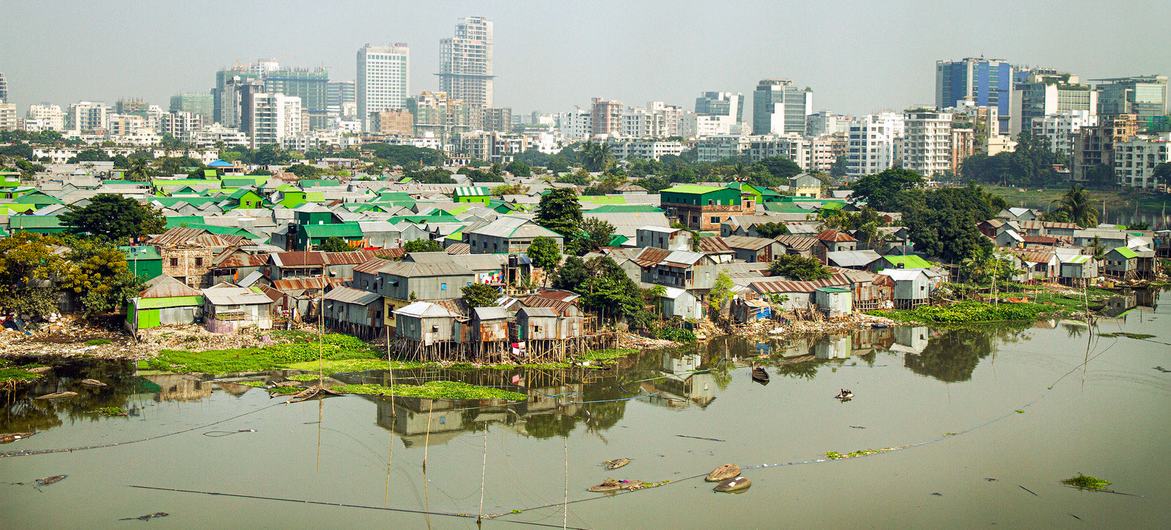UN leaders urge ‘wholesale reform’ of global financial architecture | UN News
The Secretary-General and President of the General Assembly on Monday led the clarion call for urgent reform of the global financial system, notably how to approach debt relief on behalf of the billions of citizens living in the developing world.
Other highlights include dedicated discussions on sustainable transport, tourism and energy.

Worsening inequalities
Also addressing the General Assembly, Dennis Francis, President of the body’s 78th session, emphasized the worsening inequalities between richer and poorer nations.
“By 2030, an estimated 600 million people will still remain impoverished – indicative of the glacial pace of ‘progress’ that falls far short of our SDG goals,” he said, noting that 10 per cent of the world’s population owns 76 per cent of the global wealth.
And while, the world is on track to see its first trillionaire by 2030, it will take another 229 years to eradicate poverty.
If nothing is done to correct this situation, they will literally be left behind, denied from enjoying the fruits of development
– Assembly President Francis
“It is clear that the gap between the wealthy North and the Developing South is widening, increasingly limiting the life chances of people living there,” he said.
He outlined the impact of such disparities on youth, women, persons with disabilities and those living in rural areas.
“If nothing is done to correct this situation, they will literally be left behind, denied from enjoying the fruits of development and ignored. Clearly, this is neither acceptable nor sustainable,” Mr. Francis warned.
Need for lifeline
Secretary-General Guterres underscored the need for a lifeline so developing countries can pull themselves out of the “quicksand of debt”.
He said the SDG Stimulus programme which he proposed last February, must now be brought “to life”.
The Stimulus aims to secure $500 billion annually in extra financing from the world’s most developed nations, to meet the 2030 Agenda for Sustainable Development.
“We must dramatically scale-up affordable, long-term financing, primarily through Multilateral Development Banks (MDBs),” he said, also urging global creditors to explore “debt pauses” for vulnerable countries and for international financial institutions to help them restructure their debt.
Reforms needed
Alongside, the global financial architecture requires “wholesale reform”, he said, notably their approach to debt.
This included enhancing debt transparency, scaling-up lending in local currencies and developing new debt instruments.
“Above all, we must increase developing countries’ representation across the system and every decision that is made. They need a seat at the table. They deserve a seat at the table,” Mr. Guterres said.






